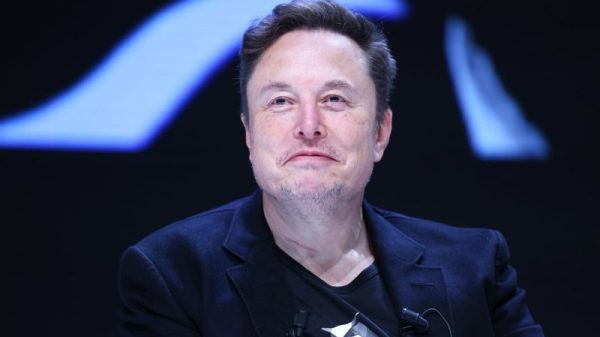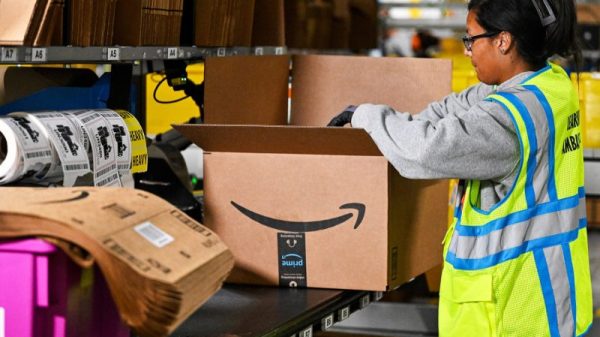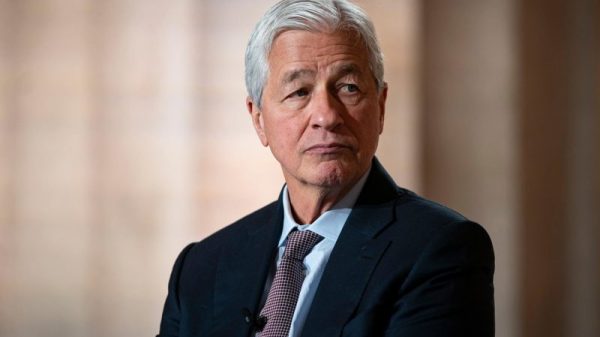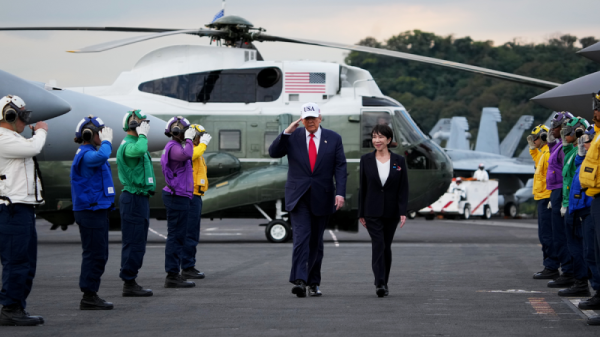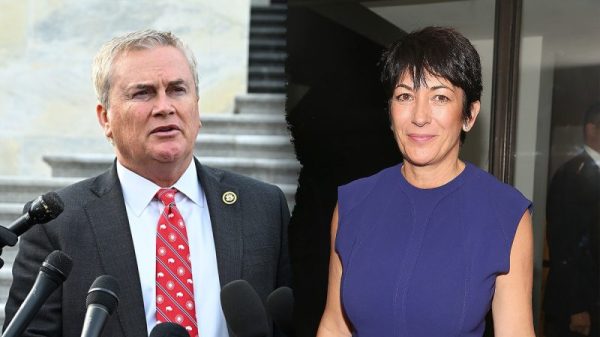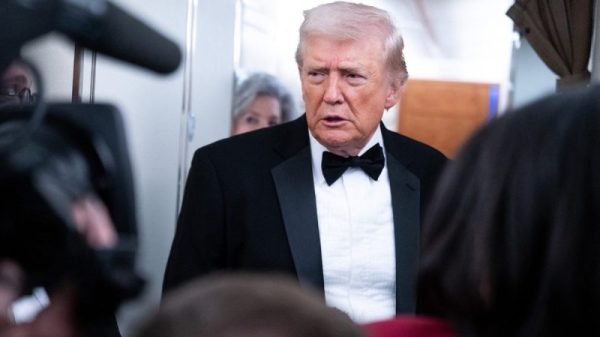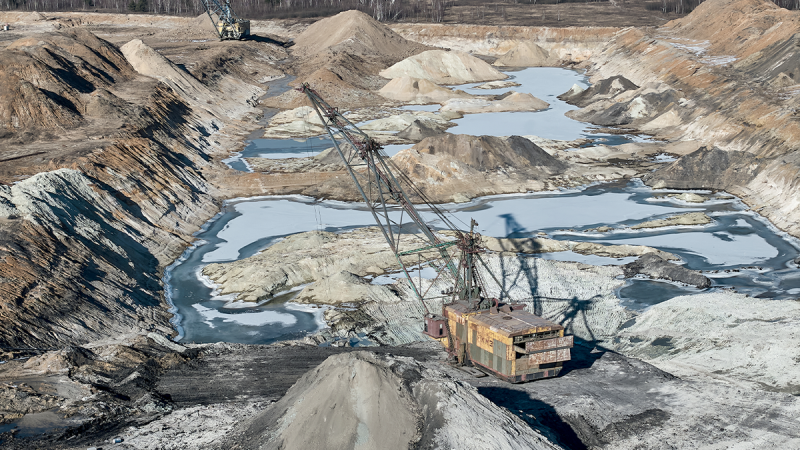President Donald Trump blasted China recently on Truth Social, saying Beijing had ‘TOTALLY VIOLATED ITS AGREEMENT WITH US.’ Trump furiously concluded, ‘So much for being Mr. NICE GUY!’
Apparently, in return for mutual deescalation of trade tensions, Beijing had committed to again allow the free flow of rare earth minerals to the U.S. However, they did not follow through on that promise. No wonder Trump was angry; he should not, however, have been surprised.
The White House will try to resolve this issue, and will hopefully again reduce mutual tariffs. The stock market will celebrate a near-term resolution, business managers will exhale, and shoppers won’t hoard Barbies for Christmas.
But longer term, the Trump White House must commit to eliminating our dependence on China for essential goods, which gives Beijing a stranglehold on our economy. China is an enemy and cannot be trusted. Relying on them for rare earths or for other critical goods, like pharmaceuticals, is dangerous.
Rare earths are ‘essential’; we need lanthanum and cerium, for instance, to make camera lenses and catalytic converters, respectively. Indeed, we need rare earths to produce everything from cars to missiles to cell phones. China accounts for about 60% of global mine output as well as 90% of processed materials. Our economy comes to a virtual standstill without these products. The Chinese know this and will take advantage of that reliance.
This is one reason that Trump’s proposal of a joint venture with Ukraine is brilliant. If the two countries can together begin to mine and process rare minerals, the U.S. will have a vested interest in defending Ukraine against Russian aggression (while our presence might presumably deter another assault) and the undertaking would also help alleviate our reliance on China. Ukraine is home to 22 of the 34 minerals classified as ‘critical’ by the EU; we need them.
It is not just rare earths and minerals we should be concerned about. Since the COVID-19 emergency, Americans have become increasingly aware that we also depend on China (and to a lesser degree India) for many essential pharmaceuticals, a reliance which could prove deadly should Beijing choose to block exports.
In last year’s first quarter, a total of 323 drugs were in short supply, according to data published by the American Society of Health-System Pharmacists, the highest level since reporting began in 2001. The shortages sent parents searching high and low for amoxicillin and other prescription drugs for themselves and their kids.
The Covid pandemic revealed the downside of not being self-sufficient in medical goods, when Beijing chose to withhold vital drugs and personal protective equipment from Americans. One of the most outrageous derelictions of Joe Biden’s presidency was not addressing that dangerous vulnerability.
At the outset of the pandemic, China controlled roughly half the global production of products like face masks and ventilators; though they expanded output 12-fold as Covid spread, they stopped exports to the U.S. The United States, for its part, was importing about 90% of the surgical face masks we used, even though we had invented virus-filtering N95 masks and disposable nitrile gloves.
Between January and March 2020, Chinese exports of critical medical goods to the U.S. fell sharply. China apologists argue (wrongly) that the decline stemmed from tariffs placed on such goods during the first Trump administration. Ventilators, oxygen masks and other medical products were not covered by Trump’s tariffs against China; the fall-off was a purposeful decision by Beijing to restrict U.S. supplies.
Reacting to critical shortages, with health workers having to reuse masks and wear garbage bags over their heads for protection, U.S. firms stepped up and began producing the necessary protective gear. But, as the emergency waned, China resorted to its usual practices and flooded our market with cheap products, undercutting U.S. manufacturers.
That’s when the Biden administration should have stepped in to protect U.S. producers; for an administration that exhibited an almost religious zeal for wearing masks, ensuring domestic output (and availability) would seem a layup. They did not.
In April 2025, the New York Times reported, ‘Few domestic industries have been as devastated by the flood of cheap Chinese imports as manufacturers of face masks, exam gloves and other disposable medical gear that protects healthcare workers from infectious pathogens.’ At the height of the pandemic, some 107 U.S. companies had started up to produce masks and glove; today only five remain.
It was not just PPE that became scarce. In 2020, the New York Times quoted a Chinese health specialist at the Council on Foreign Relations saying, ‘Chinese pharmaceutical companies have supplied more than 90 percent of U.S. antibiotics, vitamin C, ibuprofen and hydrocortisone, as well as 70 percent of acetaminophen and 40 to 45 percent of heparin in recent years.’
Congress, alarmed by revelations of U.S. dependence for PPE and pharmaceuticals, did what they do best: ordered up some studies on the issue and demanded better reporting. During Trump’s last year in office, his administration tried to boost domestic manufacturing of pharmaceuticals, but the effort died in the Biden years.
In last year’s first quarter, a total of 323 drugs were in short supply, according to data published by the American Society of Health-System Pharmacists, the highest level since reporting began in 2001.
This is a fixable problem. If we can devote hundreds of billions of dollars to boosting domestic production of windmills and semiconductors, surely we should be taking similar steps to end our dependence on Chinese-provided drugs.
The New York Times revealed the Biden administration’s multi-billion-dollar solution to drug shortages writing, ‘The White House earlier this month proposed… linking Medicare payments to hospitals in part on whether hospitals do a good job buying drugs from companies that demonstrate quality over the long term, rather than just the cheapest price.’
That is not a solution. Instead, a solution would entail reducing our dependence on China for essential goods of all kinds and making domestic manufacturing profitable again through lower taxes, new technology like AI and deregulation. These are policies that dominate the Trump agenda, and they will work to make the U.S. independent again.








